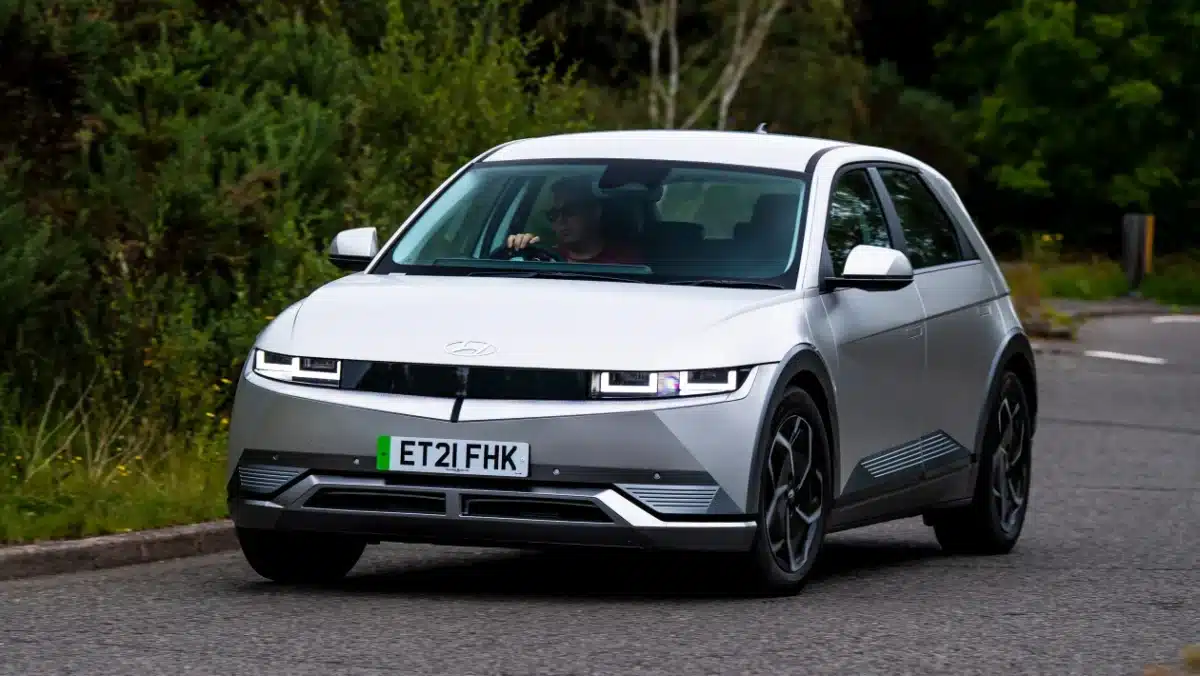The UK’s plan to phase out petrol and diesel cars faces significant hurdles as electric vehicle (EV) adoption lags behind government targets. According to industry experts, high costs, inadequate charging infrastructure, and consumer hesitation threaten Labour’s ability to meet its ambitious Zero Emission Vehicle (ZEV) mandate.
The mandate requires at least 52% of new car sales to be electric by 2028, but current projections suggest the UK will fall short, with only 36% of new registrations expected to be EVs. The shortfall, amounting to over 346,000 cars, raises concerns about the feasibility of achieving net zero emissions within the planned timeframe.
Consumer reluctance and financial barriers hinder EV uptake
A key factor affecting the transition is cost. According to Cox Automotive, 70% of drivers are unwilling to pay more for an EV than a petrol or diesel alternative. Additionally, concerns over long-term expenses, such as charging costs and battery replacements, have further slowed adoption.
A survey conducted by Cox Automotive found that 58% of drivers would be more inclined to switch to an EV if manufacturers provided clearer cost comparisons between electric and conventional vehicles. Another 62% of respondents stated they would consider an EV if financial incentives, such as government grants or subsidies, were introduced.
Despite increasing availability, public charging infrastructure remains a challenge. While at-home charging is an option for some, the cost of installing a charger—often exceeding £1,000—deters potential buyers. Moreover, 56% of respondents highlighted that high public charging costs are a barrier to making the switch.
Industry experts call for urgent action to avoid policy failure
Industry leaders have warned that, without intervention, the UK risks missing its EV targets. Philip Nothard, insight director at Cox Automotive, cautioned that deadlines alone are insufficient, stating: “Creating deadlines may convey a sense of urgency to the general public about the need for electrification, however, that alone is not enough to drive adoption.”
According to Paul Burgess, CEO of Startline Motor Finance, the automotive sector is pushing for policy adjustments, including interest-free loans for used EVs and reductions to the £15,000 penalty imposed on manufacturers failing to meet ZEV targets. However, the government has ruled out relaxing the mandate itself, making widespread adoption crucial to avoiding penalties.
With more than four out of five drivers willing to consider an EV if meaningful incentives were introduced, experts argue that financial support and improved infrastructure could significantly boost adoption rates. However, unless concrete measures are implemented, the UK may struggle to meet its net zero goals within the current timeframe.









